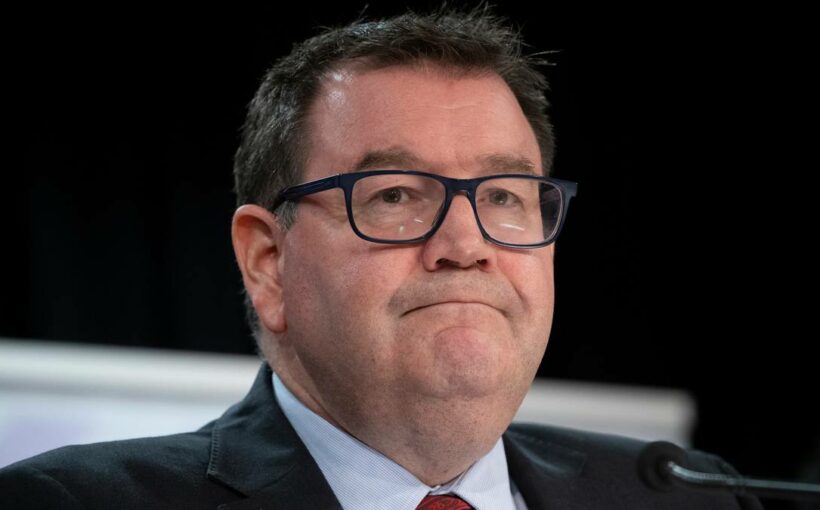OPINION
New Zealand’s successful Covid response won us two years of strong economic performance and low unemployment but with the Omicron outbreak now biting, all of that is at risk.
This week’s ANZ Business Outlook showed a 30-point drop in business confidence, the spectre of inflation hitting 8 per cent, and the rising risk of a recession as businesses and households cut back on spending. And that’s before the Ukraine invasion’s impact on oil prices kicks in.
How to best respond to this is a question that will bedevil all our leaders in the coming weeks – presenting problems for the Reserve Bank, the Government and the Opposition.
This is because pandemics in a globalised world are much more complex than ordinary economic downturns. There’s no playbook and very little historical precedent to draw on.
They’re especially tricky because pandemics hurt economies on both the demand and the supply side. Both consumption and the supply of goods falls. That means a world of complexity for policymakers.
Start with the Reserve Bank. Their job is to hose down inflation but the key tool they have to do that is to raise interest rates, which does nothing at all to fix the pandemic-induced supply constraints that are pushing up prices. Raising interest rates doesn’t stop workers from getting sick or help move goods through clogged ports any faster.
In fact, raise rates too high and all the bank will do is further choke off demand at a time when businesses need people to be out there spending money.
This is why globally, other central banks are increasing rates much slower than we are and why many in the financial markets are betting that the RBNZ won’t go through with all of the rate rises it’s forecast.
And when it comes to the Government, there’s no doubt that a constrained economy and rising prices are very bad news indeed. Just ask Jimmy Carter or Bill Rowling what spiking inflation can do to a politician’s fortunes.
It’s especially difficult for Labour, which came to office promising to turn around long-term under-investment in health, education, housing and infrastructure.
Now they find themselves politically vulnerable on the cost of living, with every new investment easily painted as pumping more demand into an already overheated economy, but equally aware they will get whacked for non-delivery if they don’t properly fund these areas.
National rightly points out that Grant Robertson’s $6 billion in new operating allowances for Budget 2022 is the largest addition to permanent new spending in our history. The heat will be on Robertson on Budget Day to convince the public that they’re getting a dollar’s value for every dollar spent.
But it’s not all plain sailing for National either. They’ve been running a strong line on blaming Government spending for rising inflation, but they haven’t been able to identify which specific spending is causing inflation, or what programmes they would cut.
The tricky thing is that the overwhelming bulk of new spending in recent years has been on things that National and the public strongly support and which were needed during the pandemic – think the $22b spent on the wage subsidy and income support or the money spent on the health response or on things like pay rises for doctors and nurses.
Any Budget cuts large enough to put a credible dent in inflation would have to mean unprecedented slashing in areas like health or education, which would likely damage the economy as well. There’s no easy way to make the numbers stack up.
Likewise, the usual go-to move of tax cuts probably won’t work in this environment – borrowing to fund tax cuts only ends up pumping more money into the constrained economy, pushing up debt and making inflation worse.
So here we all are, a country facing a major outbreak, businesses facing a battering, a Government and Opposition both facing tough questions with no easy answers and the Reserve Bank caught between the devil and the deep blue sea.
Welcome to the pandemic economy, New Zealand.
● Hayden Munro was the campaign manager for Labour’s successful 2020 election win. He now works in corporate PR for Wellington-based firm Capital Communications and Government Relations.
Source: Read Full Article
